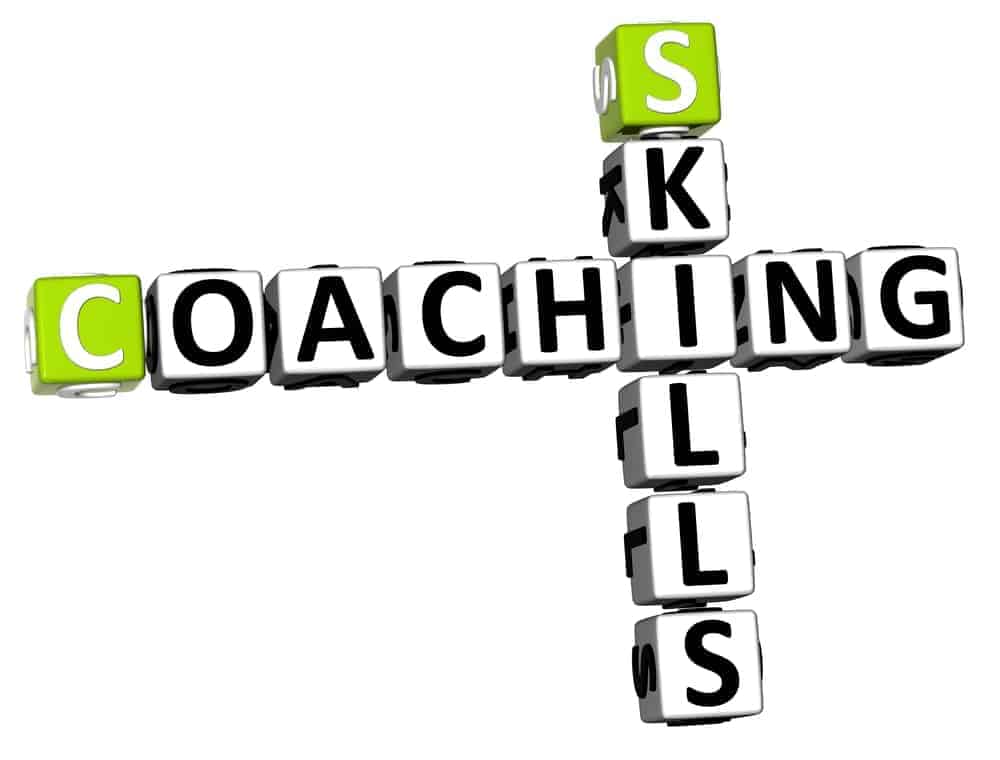Wait…these life coach skills worked in my training!?
It’s so much fun to learn life coach skills. You’re engaged in a lively community. The trainers are experts. Your peers are encouraging. And the life coaching skills are a revelation. And then you get a rude awakening…
When you sit with real clients, they act differently than your practice partners during your life coach training. This phenomenon was highlighted on Quora when a reader asked this question:
What surprising lessons did life and productivity coaches learn in their very first interactions with clients?
My favorite answer came from Cathy Dean…
Cathy Dean Answered:
Those “real people” don’t understand the coaching process and therefore aren’t as easy to coach as fellow coaching students 🙂
I spent six months on an in-depth coaching program trying out new techniques and deepening my practice alongside a bunch of other students all going through the same journey. We were each other’s coaches and clients and we enabled some amazing growth in each other. We spoke the same language.
And then I got my first ever client and it was like I was trying to coach someone from another planet, never mind in a different language. I quickly realized that the pure practice I had learned in training wasn’t going to stand up to the demands of real people, and that was the moment when my real practice started to develop.
Thank you, Cathy Dean! It’s true.
I was shocked when one of my first life coach clients responded:
“That’s a BS question. I just told you I can’t do that.”
I had asked:
“What would happen if you could?”
In life coach training, that question brought on an exploration of possibility. In real coaching, my client reacted from his stuckness and lack of trust in me. To him, “what would happen if you could” was a stupid question.
Resistance to Change

It takes time adjusting to clients who haven’t been trained and do not come in with predetermined faith in the coaching process.
Some clients come to coaching conflicted. They want it to work, but don’t necessarily believe it will. Psychological attachments may even compel them toward failure.
Here’s a strange fact for you: Some of us have gone to coaching to prove we can’t change. Know what I mean?
“I’ve read books. I’ve set goals. I tried meditation. I’ve gone to every self-help seminar there is! I even hired an expert life coach. And guess what, nothing worked. I’m hopeless.”
Have you ever set a goal “knowing” in the back of your mind that you’re going to fail? Have you ever been conflicted? You want it to happen, but doubts and fears and negativity swirl. It’s as if a part of you were saying, “This isn’t going to happen. I’m staying right where I am. It’s familiar. I can survive.”
How to Take your Life Coach Skills into the Real World

How do you work with people who aren’t there to make it easy for you? The short answer is: By doing it over and over until you adapt your life coach skills to reality.
It also helps to:
• Take a life coach training that emphasizes real world interaction.
• Learn from coaches who aren’t pretending the skills are magic.
• Coach as many people as you can!
• Hold to your methods loosely.
• Stay curious.
There’s usually an opportunity to move forward if you’re not blinded by a protocol. But here’s the kicker: I can’t give you a way to work with resistant clients. There isn’t one universal way. You will need to work with this client this way, and that client that way. Every situation is unique. You can only know what to do in the moment depending on the client’s attitude and needs.
My best advice is: Practice your life coach skills like crazy. Find a ton of real coaching moments with clients. Over time, your skills will become fluid.
You Might Also Like these Life Coach Skills articles:
The Three Phases of Life Coaching
(If you don’t understand phase 2, you’ll fail 50% of the time)
Five Obstacles to Becoming a Successful Coach
Do You Have What it Takes to Be a Coach? Check your Coach Aptitude Score



